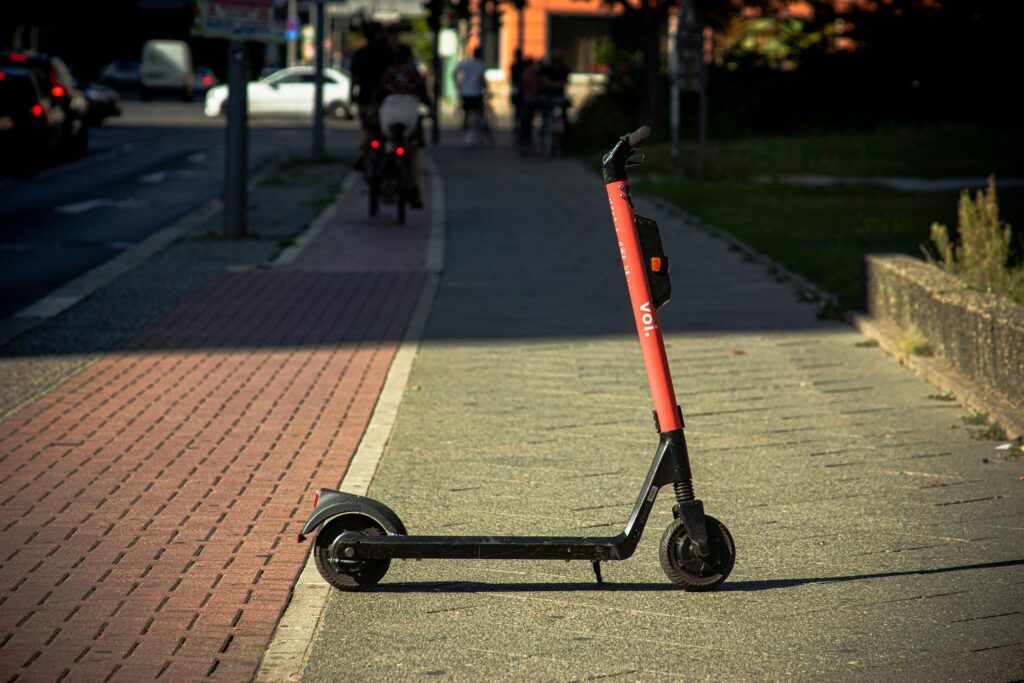
Their growing popularity is partly down to Government-backed trials which legalised the renting of e-scooters in certain locations. However, renting an e-scooter legally as part of this scheme comes with tight controls: the rider must meet the minimum age limit (which can vary depending on the provider); hold the correct driving licence and create an official account with the rental company.
If the e-scooter has not been rented under an official Government scheme, then it is illegal to use it on the roads or in public places. This is because they do not always have visible rear lights, number plates or signalling ability. Despite this, all e-scooters are currently classified as vehicles under UK law, meaning that they require third party insurance cover.
It is unclear whether the Government will legalise the use of e-scooters on the roads eventually, and if so, what rules will be put in place regarding insurance and safety measures for road users. However, the rental trials currently in existence have been extended and continue today.
Common problems with e-scooter personal injury claims
- Around 94% of e-scooter riders do not wear a helmet. This has resulted in a large number of personal injury claims relating to face, head and neck injuries, which could have been avoided to a certain degree had a helmet been worn;
- Policing e-scooter use on pavements and other pedestrianised areas has proven problematic for the police, as they are only able to stop riders if the safety of the police and the rider can be assured, which can often be difficult to achieve in practice.
Issues if the Government decide to legalise privately owned e-scooters
- If e-scooters are not classified as vehicles under the legislation, or the Government fails to make third party insurance compulsory for all riders, then those who are injured by them may find it much harder to obtain compensation;
- The Government will need to ensure that retailers are held to account and be prevented from selling e-scooters which do not meet the recommended safety standards.
It is currently unknown whether the use of e-scooters on our roads will be legalised by the Government following the rental trials that we have seen in recent years. However, it does appear that e-scooters are here to stay in one capacity or another. Therefore, it is important that legislation keeps pace with the risks e-scooters pose on our roads, to prevent accidents and ensure the safety of road users.
If you think that you might have a claim, please contact our experienced personal injury team on freephone 0800 011 6666 or via email at legal@timms-law.com




